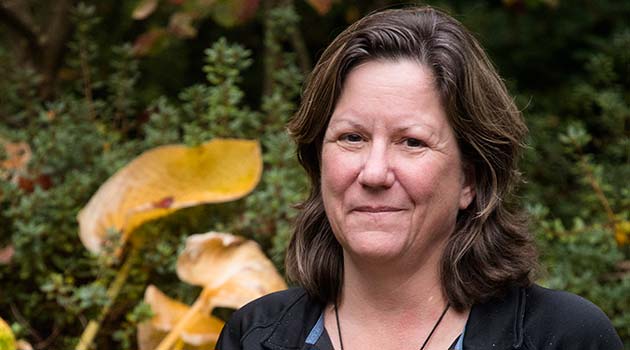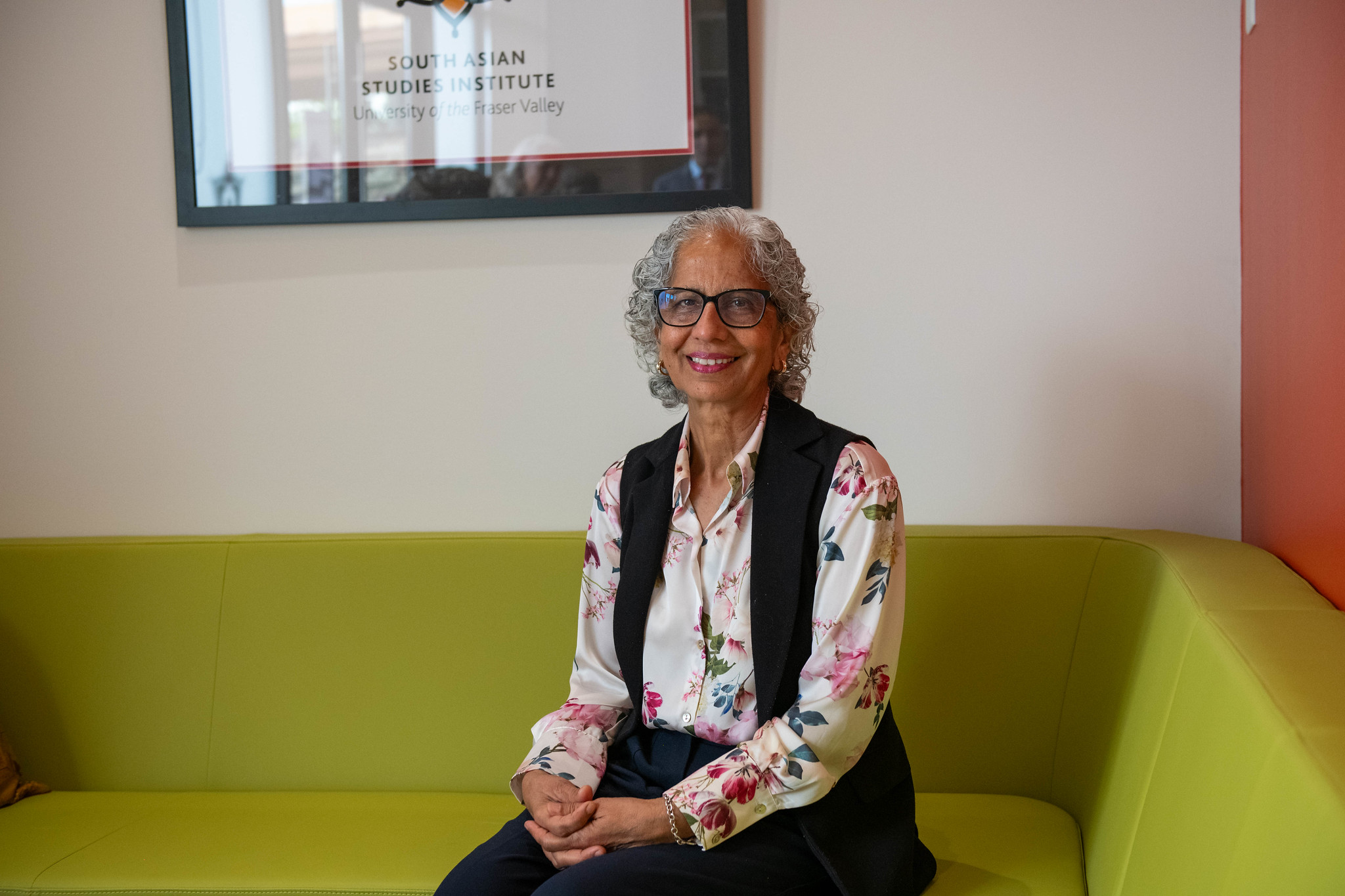Helping through tough times with Psychological First Aid
When someone is in crisis, it is easy to resort to common platitudes in an effort to offer comfort. Few of us are equipped to support others effectively when they go through stress, grief, trauma, or loss.
A new Psychological First Aid course developed by the Red Cross aims to change that.
Course materials were created to equip first responders to address psychological distress in victims of disasters or terrorist attacks. But the principles proved to have wider applications. “The Psychological First Aid course really helps participants recognize signs of stress, trauma, grief, or loss and know how to deal with their effects,” says Mike Mutter, who is a nurse, paramedic, and Continuing Education instructor. “You can apply these principles both to yourself and others.”
“Not all stress arises as a result of crisis,” points out Sandy Balascak, who co-teaches the Psychological First Aid class with Mike at UFV Continuing Education. “Cumulative stress can lead to a mental health crisis. The ability to recognize that mental health issues exist and know what to do when we see them can be key in making a real difference in people’s lives.”
Sandy, who is an administrator at an alternate school for youth, first took the Psychological First Aid course as part of a Pro-D day. Shortly after, she decided to train as an instructor. Mike took the opportunity to expand his repertoire when Red Cross offered the training to First Aid instructors.
Both Sandy and Mike became passionate about teaching the Psychological First Aid course when they saw the impact it can have in day-to-day stressful situations.
Mental health is key to well-being
“We all deal with coworkers, family members, or friends who experience stress, grief, trauma or loss,” says Mike. “Providing support early can have a profound effect on their well-being and quality of life and prevent a situation from escalating into a crisis.”
The Centre for Addiction and Mental Health (CAMH) reports that one in two Canadians have — or have had — a mental illness by the time they are 40. In any given week, at least 500,000 employed Canadians are unable to work due to mental health problems.
Also according to CAMH, the stigma that surrounds mental illness prevents 40% of people with anxiety and depression from seeking medical help.
“We are all comfortable seeing a doctor when we have a physical injury,” says Sandy. “But some people shudder at the thought of seeing a counsellor. We’re hoping that this course can help us diminish the stigma surrounding mental health.
“There’s a proven link between our physical and psychological health,” Mike adds. “Psychological well-being is key to functioning well in day-to-day life. Knowing how to provide psychological care in daily situations can be just as important as knowing how to apply physical First Aid.”
“You never know when something will happen,” Sandy stresses. “Soon after I took the course, I came across an accident where the woman was in shock. She needed help both physically and psychologically.”
Look, Listen, Link, Live
The Red Cross Psychological First Aid course shows participants how to apply the Look, Listen, Link, Live model — a resiliency-building approach to emotional, social, and psychological, well-being. Participants learn to recognize common signs of stress; listen and reflect on how these are manifested; link individuals in distress to information and services that can help; and apply strategies to promote health and keep psychologically healthy.
“The course provides practical tips that can be applied right away in the real world to assist others,” Mike says. “There’s also a lot of interaction and sharing about real-life situations in which participants have been involved.”
“Everybody can benefit from taking Psychological First Aid,” Sandy points out. “It is good to be able to recognize the mental issues that play a role in a situation and know what to do to address them.”





